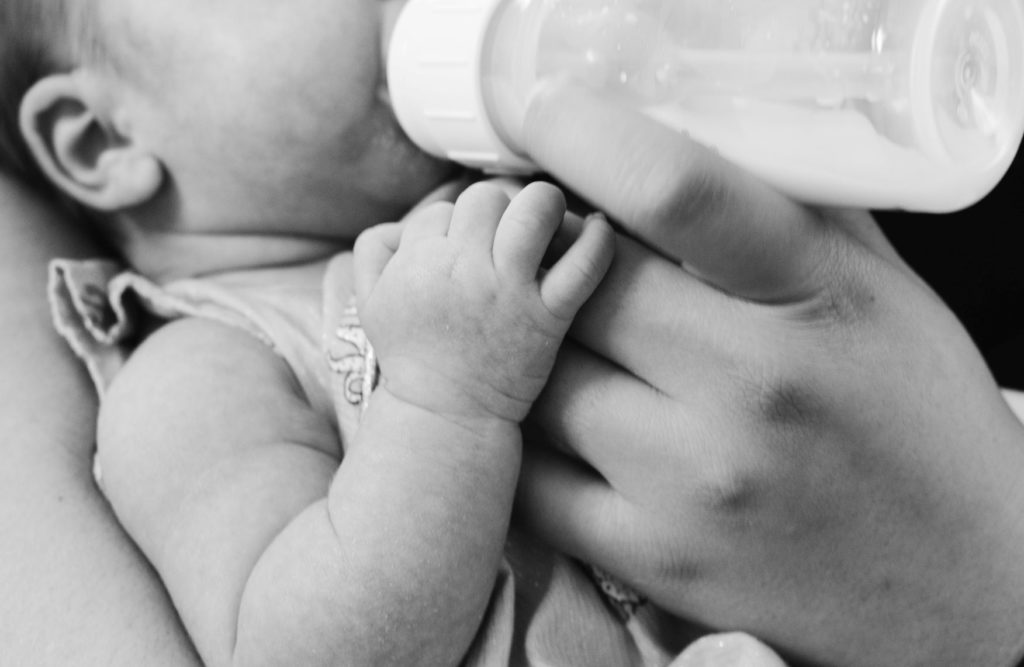
CRITICAL HEALTH & SAFETY DISCLAIMER
mothernity.co.uk is a platform for informational and educational purposes only. This content is based on general research and experienced parent insight and is NOT a substitute for professional medical advice, diagnosis, or treatment. Always seek the advice of your qualified healthcare provider (GP, midwife, or consultant) with any questions you may have regarding a medical condition or before making changes to your health plan or treatments. Never disregard professional medical advice or delay seeking it because of something you have read here.
The first days of your newborn baby’s life, especially the first 24 hours, are an entirely new and exciting experience. If you’ve had a healthy, full-term pregnancy, we’ve prepared a guide to help you navigate the initial 24 hours of your baby’s life and provide insights into what typically occurs after birth.
What will happen in my newborn’s first 24 hours?
Your newborn might have traces of blood or a white substance called vernix on their skin. Vernix protects your baby’s skin in the womb and can be easily wiped off after birth. You can ask your midwife to do this before they place your baby on your skin for that special moment.
Shortly after birth, your baby’s weight and measurements will be taken, either before or after the skin-to-skin contact (depending on circumstances). The midwife will measure the length and head circumference and weigh your baby.
Your baby doesn’t need a bath for at least the first 24 hours.
The Apgar Score
The Apgar score is a crucial assessment of your baby’s health and well-being after birth. It’s conducted at 1 and 5 minutes after birth. If the score is low, it might be repeated later. Scores below 3 are considered critically low, 4-7 fairly low, and above 7 is normal. A score under 7 at 1 minute might prompt attention, but it doesn’t necessarily predict long-term issues, especially if there’s improvement by the 5-minute test.
Skin-to-skin contact
Skin-to-skin contact is immensely valuable for bonding with your newborn. Regardless of your breastfeeding decision, having skin-to-skin contact right after birth boosts oxytocin levels in both you and your baby, fostering a special connection. This contact should take place within the first hour of your baby’s life to prevent hypothermia and promote breastfeeding.
Feeding your baby
Feeding can begin immediately during skin-to-skin contact. Place your baby against your chest, and they’ll likely search for your breast and start feeding. If you encounter difficulties, your midwife can assist. In the initial days, your milk supply will be limited, but you might notice a thick substance called colostrum. Your baby only needs a small amount of this to feel satisfied. Remember to feed every 2 hours. If you’re formula-feeding, continue offering a small amount every 2 hours to ensure proper nourishment.
Sleeping and elimination
After feeding, your baby will likely fall asleep, and they might sleep for about half of their first day. The first sleep session can last around 5-6 hours.
Monitoring urine and meconium is important within the initial 24 hours. Your baby should pass urine and stool at least once on the first day. Meconium is the first stool, composed of substances ingested in the womb. It can be dark or black and quite sticky.



